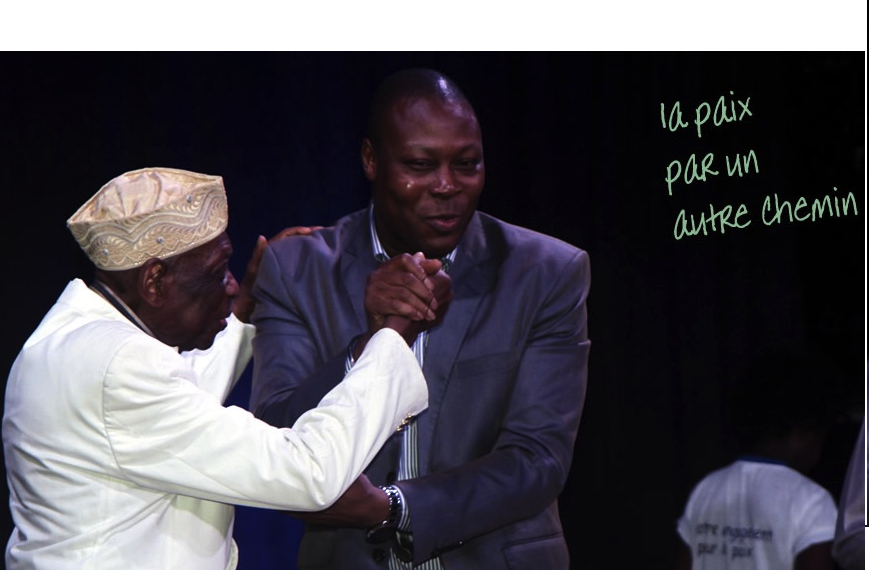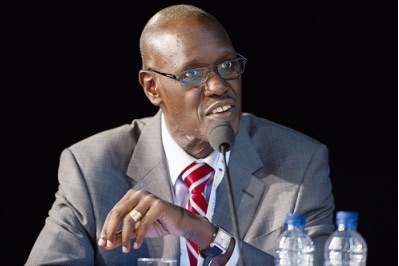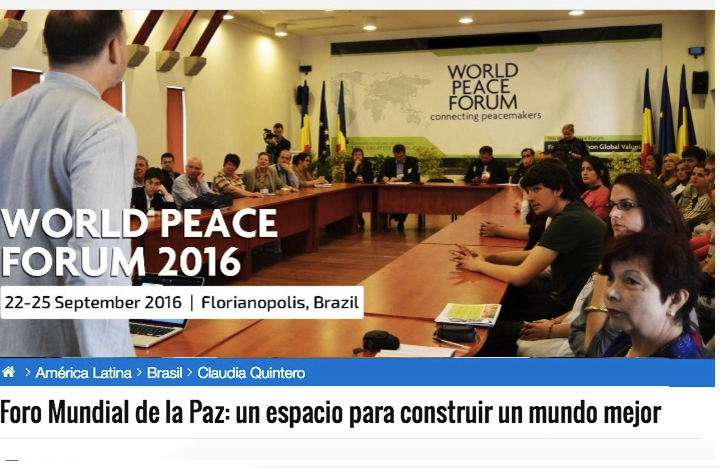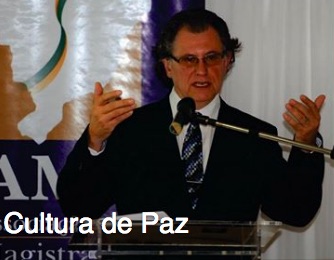History is not always reflected in the headlines of the mass media. Sometimes it is the “slow news” – events that are not considered newsworthy – that accumulate and change the course of history. A good example is slow but steady progress in peace education, which we salute in this month’s bulletin.
The website of the Global Campaign for Peace Education gives us a good overall view of the extent of peace education in the world today. One can begin simply with the list of their national and local endorsing organizations, who come from over 50 countries and all six continents.
This month we feature recent articles reprinted by the Global Campaign for Peace Education from around the world: from Myanmar, Bosnia, United Kingdom, Rwanda, Georgia, United States and the Seychelles.
In Myanmar, the Ministry of Education and UNESCO are jointly implementing the “Education for Peace and Development in Northern Rakhine State” project. Teachers, principals and education officers have been trained in life skills for peace and conflict transformation
In Bosnia, the United World Colleges of Mostar are celebrating their 10th anniversary. UWC Mostar was the first school having students from across the country being taught by the same teachers and in the same classroom, unlike the segregational educational system still prevailing in the rest of the country.
In the U.K., Quakers will host a ground-breaking national conference for teachers to learn how to equip pupils to handle conflict in a constructive way and to develop critical thinking skills. Educationalists from more than 80 schools across Britain will attend Learning Through Peace at Friends House in London.
The Rwanda Peace Education Program is coming to a close after three years of building sustainable peace in communities across the country. The conclusion will be marked by a Peace Week that includes various activities to share the success of the program and encourage all Rwandans to be champions of peace in their own villages and families.
In Georgia, The European Intercultural Forum has just finalised the narrative report of their 1st training course in the frame of the Training Programme “Education for Peace – Developing Competences for Peace Education in the Youth Field”. The project aims to strengthen the competences of youth workers and youth educators and empower young people to become pro-active agents of peaceful change via local community initiatives addressing societal conflicts.
In the U.S., the Ashland (Oregon) Peace Commission works with the city’s schools and their MindUp Curriculum which offers peace education tools that encourage listening and compassion and promote an environment of understanding, as well as with the Medford-based Resolve Center for Dispute Resolution and Restorative Justice.
The University of Seychelles has announced that it is planning to set up an international centre for peace studies and diplomacy with the expert guidance and experience of Seychelles’ founding President Sir James Mancham. The proposed professor of peace studies will provide both academic leadership and proven negotiating skills. The centre will be a hub of information and also a meeting place for practitioners and scholars alike. Conferences will be a feature of the centre’s activities. Under the auspices of the UniSey, it will offer a Master’s Degree in peace studies for local as well as international students, together with opportunities for doctoral and post-doctoral research.
Just to complete our tour of the world, we mention four other recent CPNN articles about progress in peace education in Colombia, Brazil, Japan and Ivory Coast.
The Colombia Minister of Education, Gina Parody, speaking at the meeting of secretaries of education from across the country, invited them to teach a new generation of peace, preparing children and young people to consolidate peace. Among her remarks was the following: “For the first time, the government has allocated a larger budget for education of our children and young people, that the budget for war. We are convinced that it is in the classrooms that the new generation will begin to rewrite the history of Colombia as a country in peace.”
In São Vicente, Brazil, a team of educators is carrying out a program of Training for Peace Education of 60 hours for professionals from all the public education units in partnership with the Secretary of Education.
In Hiroshima, the Mayors for Peace Network organizes in partnership with the Hiroshima Peace and Culture Foundation and the Hiroshima University, a summer program that provides students with a general understanding of the nature and attributes of war and peace by illuminating various aspects of wartime experiences, including the atomic bombing of Hiroshima, and, at the same time, by exploring contemporary issues related to world peace in the era of globalization
In Yamoussoukro, Ivory Coast, the Deputy Director for Africa of UNESCO, Edouard Firmin Matoko announced the creation of a school for the Culture of Peace. Called the “Pan-African center for research and advanced training in the culture of peace”, its objective will be ” capacity building of decision-makers in the values of peace and citizenship”.
Finally, there are two major events coming up where peace educators and others interested in peace are invited to come and advance their international links. The Congress of the International Peace Bureau, the oldest global peace network, founded in 1891/92, will take place at the end of September this year in Berlin, while the 9th international conference of the International Network of Museums for Peace will be held in Belfast in April 2017.
EDUCATION FOR PEACE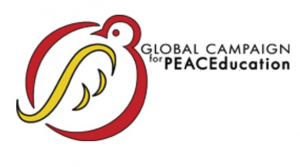 The Global Campaign for Peace Education |
WOMEN’S EQUALITY |
FREE FLOW OF INFORMATION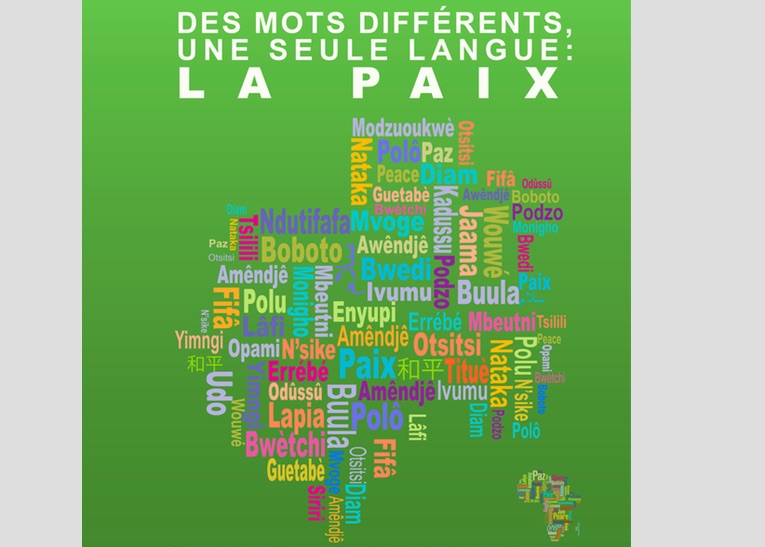 Culture of Peace: Artistic Creations by African Youth |
HUMAN RIGHTS Malaysia: Tenaganita Still Fighting for Women Workers’ Rights, 25 Years On |
|
TOLERANCE AND SOLIDARITY |
SUSTAINABLE DEVELOPMENT |
DISARMAMENT AND SECURITY |
DEMOCRATIC PARTICIPATION |

